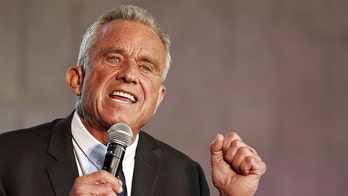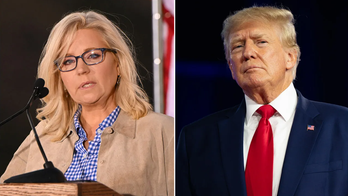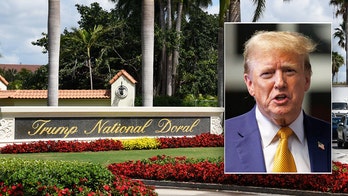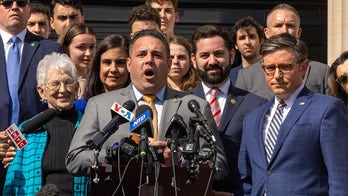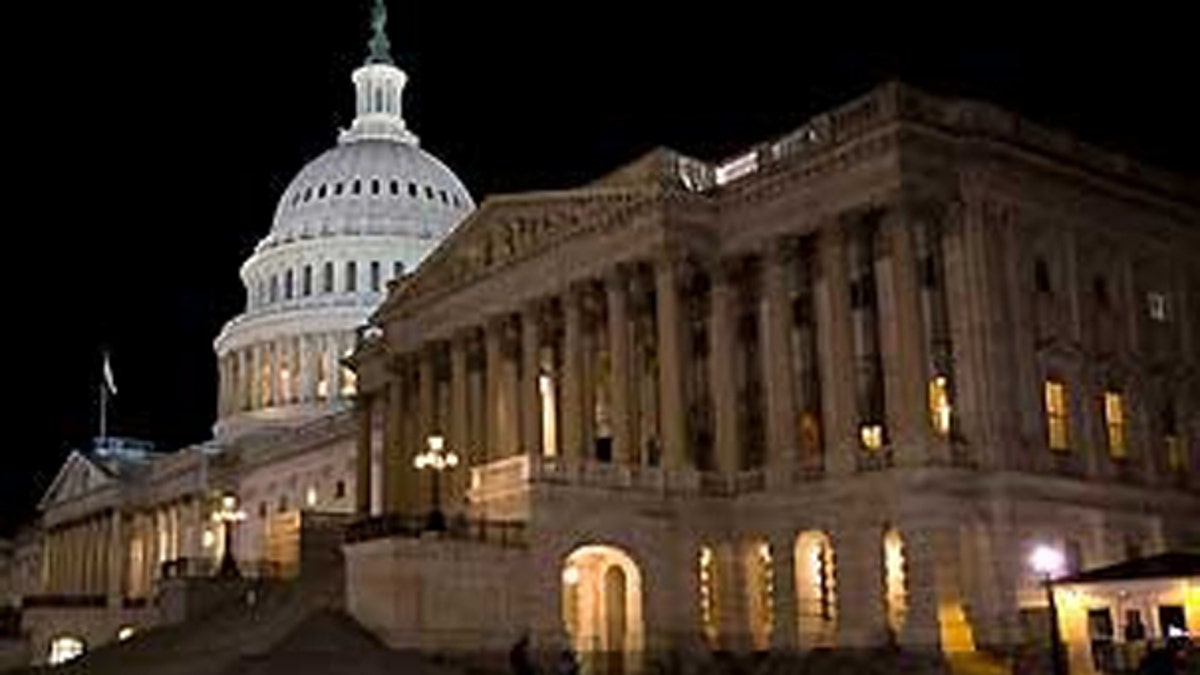
(AP Graphic)
Health care reform made the public mad, and it made lobbyists rich.
Though President Obama promised during the 2008 campaign to curb the influence of special interests, slap a leash on lobbyists and "put the interests of Main Street in front of K Street and Wall Street," the past year hasn't exactly live up to that standard.
Special interest spending on Capitol Hill broke records in 2009, topping $3.47 billion. And almost half of the president's recess appointments last weekend were tied to or work for so-called special interests.
Finance figures show those interests are giving huge sums to Democrats and Republicans alike -- but while the influence game is hardly the problem of one party, the legislative frenzy on Capitol Hill has only inflated it over the past year.
"While companies are slashing jobs, while companies are scaling back other operations, they are in fact boosting their operations when it comes to trying to influence lawmakers," said Dave Levinthal, with the Center for Responsive Politics.
The health care industry led the pack in terms of special interest spending, pumping out $266 million in 2009, according to the Center for Responsive Politics. General business interests spent $183 million; the oil and gas industry spent $168 million; the insurance industry spent $164 million; and utilities spent $144 million.
Anthony Bertelli, professor with the University of Southern California School of Policy, Planning and Development, said lobbying isn't all bad, but it does have an ugly side.
"Expenditure is one part of thinking about lobbying -- another part of thinking about lobbying is having an informational role. That's what lobbying does at its best," he said. "What lobbying does at its worst is exert very strong pressure."
The biggest increase in spending last year -- 3,000 percent -- came from the food and beverage industry, which spent $18 million on lobbying and more on campaign donations to kill a national soda tax.
While each party likes to claim the other is in the pocket of special interests, both parties are guilty and, in many cases, corporations favor the party in power.
Sixty percent of Wall Street campaign money last year went to Democrats. Eighty-three percent of the food and beverage spending also went to Democrats.
"The truth with campaign money is by and large and ... particularly on Wall Street, the money doesn't go to one party or another party. It goes to both parties," Levinthal said.
Fox News' William LaJeunesse contributed to this report.

